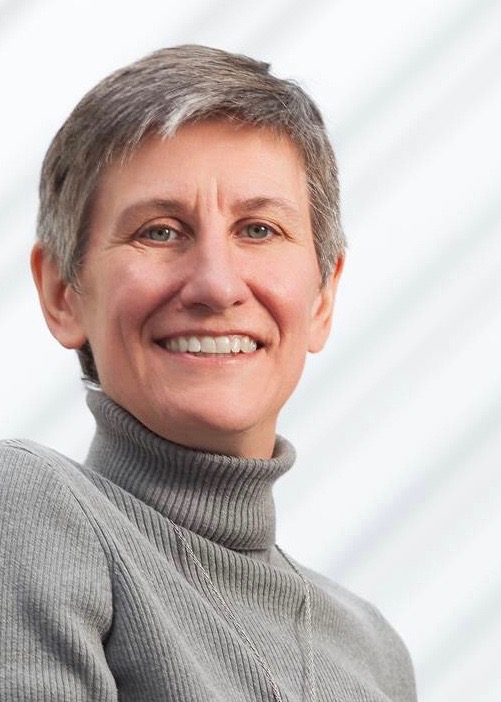This op-ed was published in The HIll Times on February 29, 2016
Jocelyn Downie is a professor in the faculties of law and medicine at Dalhousie University. She has advised several official committees on assisted dying, such as the Canadian Senate Committee on Euthanasia and Assisted Suicide. Prof. Downie presented a lecture on assisted dying on Parliament Hill on Feb. 23 as a part of the Big Thinking lecture series hosted by the Federation for the Humanities and Social Sciences.
The Supreme Court of Canada has made it clear that patients who meet the Carter criteria should have access to physician-assisted death. While we wait for governments to act, we need a clearly-defined pathway that does not introduce non-Carter compliant barriers.
“I have advanced bone cancer and am suffering intolerably. How can I get physician assisted suicide?”
“I have end stage ALS and am suffering intolerably. I’ve heard that voluntary euthanasia is now legal. How can I get it?”
Across Canada, lawyers are fielding calls like this following January’s Supreme Court of Canada (SCC) decision in Carter v. Canada (Attorney General). In this decision, the SCC said that, while waiting for the federal government to legislate in this area, individuals can access assisted death by going to a Superior Court judge and proving that they meet the Carter criteria (competent adult with a grievous and irremediable condition causing enduring and intolerable suffering).
But how, these lawyers are now asking themselves and each other, does one get the judicial authorization needed? Without the authorization, it is extremely unlikely that any physicians will provide assisted death, because they could be prosecuted under the Criminal Code for assisted suicide or murder (depending on whether they prescribe or administer medication).
This state of confusion will last for months. With the new findings from the Special Joint Committee on Physician-Assisted Dying from Feb. 26, the federal/provincial/territorial governments have until June 6 to pass and implement legislation (on that day, the Criminal Code prohibitions on assisted death will be gone for those who meet the Carter criteria for access). In the meantime, Canadians experiencing irreversible suffering may face real barriers to exercising their constitutional right to access assisted dying because of legal confusion.
What’s needed are clear guidelines on how Canadians can access their rights to assisted dying while we wait for legislation to be passed and implemented. The chief justice of the Ontario Superior Court of Justice recently issued an advisory that is helpful—but also deeply problematic. Other courts across the country should follow Ontario’s lead and provide guidance—but guidance that is more consistent with the letter and the spirit of the Supreme Court of Canada’s decision.
Bizarrely, the Ontario Advisory requires that the patient “is or will be physically incapable of ending his or her life without a physician assisted death.” Consider the implications of this. All patients are physically capable of starving themselves to death. Some can use a gun, drive their car into a tree, or use some other violent means to end their life. According to the Ontario Advisory, these people must use these traumatic means; they cannot access a painless, peaceful death through the ingestion or injection of medication.
This, to use the language of the SCC, is “cruel.”
The Ontario Advisory also allows for notice of the application for access to assisted death to be given to “parents, grandparents, siblings and any other person who will be affected by the order sought.” This raises the risk of an unprecedented violation of privacy.
For instance, this provision could be interpreted to allow notice to all staff in a hospital unit where the physician assisted death will occur. Interventions from medical staff, estranged family and other parties who are not legitimately connected to the patient could result in serious and unjustifiable interference in the exercise of the patient’s autonomy.
The Ontario Advisory also requires an affidavit from a psychiatrist in all cases. This creates an unnecessarily high barrier for access. The requirement to find a psychiatrist could result in significant delays—if not outright barriers—given the lack of access to psychiatrists.
Until the federal/provincial/territorial governments pass and implement legislation, patients will continue to phone lawyers to ask for help. Lawyers will continue to wonder how they are supposed to give that help. Courts can help by issuing guidance that explains how to make applications. But, in doing so, they must respect the letter and spirit of the SCC’s decision in Carter.
The Supreme Court of Canada has made it clear that patients who meet the Carter criteria should have access to physician-assisted death. While we wait for governments to act, we need a clearly-defined pathway that does not introduce non-Carter compliant barriers.
The Ontario courts got it only part-way right. Courts in the rest of Canada will need to follow their example but also do better. Then, the next time a lawyer picks up the phone and hears, “I have advanced bone cancer and am suffering intolerably. How can I access physician-assisted death?” she will be able to say, “Here’s what we need to do.”

